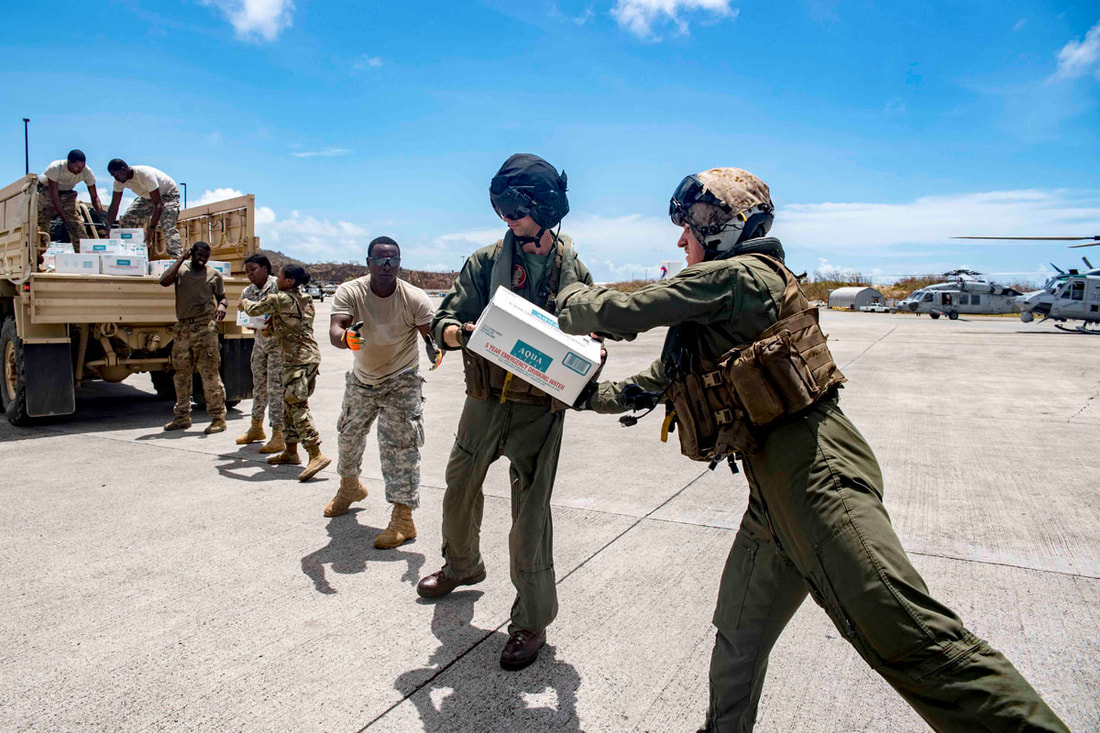|
The IRS announced this week that Hurricane Irma victims in parts of Florida and elsewhere have until Jan. 31, 2018, to file certain individual and business tax returns and make certain tax payments.
This relief is similar to what was granted last month for victims of Hurricane Harvey. It includes an added filing extension for taxpayers with valid extensions that run out on Oct. 16, and businesses with extensions that run out on Sept. 15. The IRS is offering this relief to any area designated by FEMA as qualifying for individual assistance. Parts of Florida, Puerto Rico and the Virgin Islands are now eligible, but taxpayers in localities added later to the disaster area, including those in other states, will automatically receive the same filing and payment relief. The tax relief postpones various tax filing and payment deadlines that occurred starting on Sept. 4, 2017 in Florida and Sept. 5, 2017 in Puerto Rico and the Virgin Islands. Thus, affected individuals and businesses will have until Jan. 31, 2018, to file returns and pay any taxes that were originally due during this period. This includes the Sept. 15, 2017 and Jan. 16, 2018 deadlines for making quarterly estimated tax payments. For individual tax filers, it also includes 2016 income tax returns that received a tax-filing extension until Oct. 16, 2017. Because tax payments related to these 2016 returns were originally due on April 18, 2017, those payments are not eligible for this relief. The IRS automatically gives filing and penalty relief to any taxpayer with an IRS address of record in the disaster area. So, taxpayers do not need to contact the IRS to get this relief. However, if an affected taxpayer receives a late filing or late payment penalty notice from the IRS that has an original or extended filing, payment, or deposit due date falling within the postponement period, the taxpayer should call the number on the notice to have the penalty removed. The IRS will also work with any taxpayer who lives outside the disaster area but whose records necessary to meet a deadline occurring during the postponement period are in the affected area. Taxpayers qualifying for relief who live outside the disaster area need to contact the IRS at 866-562-5227. This also includes workers aiding the relief activities who are with a recognized government or philanthropic organization. Individuals and businesses who suffered uninsured or unreimbursed disaster-related losses can choose to claim them on either the return for the year the loss occurred (in this instance, the 2017 return normally filed next year), or the return for the prior year (2016).
0 Comments
Leave a Reply. |
Archives
February 2018
Categories
All
|
|
Ellsworth & Associates, Inc. CPAs
513.272.8400 Cincinnati: 9624 Cincinnati Columbus Road, Suite 209, Cincinnati, OH 45241
|
© 2017 Ellsworth & Associates, Inc.
|


 RSS Feed
RSS Feed